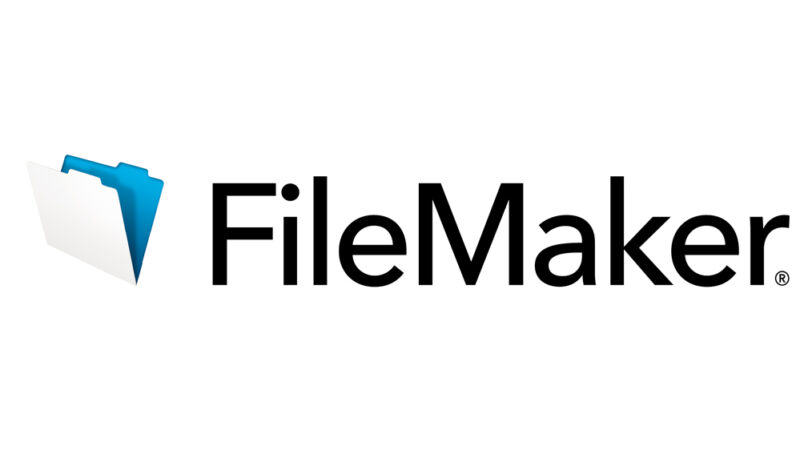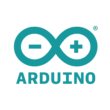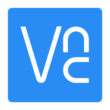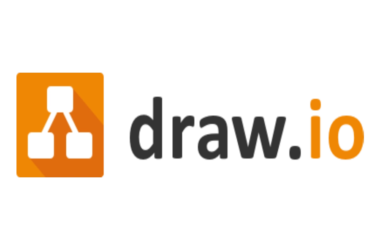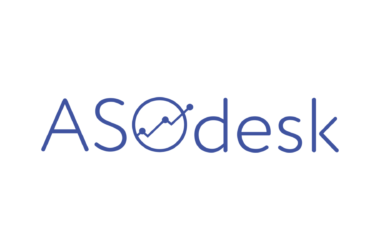In the fast-paced world of database management, where innovation and adaptability are paramount, businesses are continually seeking solutions that not only meet but exceed their expectations. FileMaker, with its user-friendly interface and rapid development capabilities, has long been a trusted ally for creating custom database solutions. However, as the digital landscape evolves, so do the demands, prompting a closer look at alternatives that can provide a competitive edge. In this extensive exploration, we dive into the intricate details of FileMaker, examine its features, limitations, and unique attributes, and then journey through a diverse array of alternatives. Let’s embark on a quest to discover the perfect FileMaker alternative that aligns seamlessly with your business needs.
Understanding FileMaker
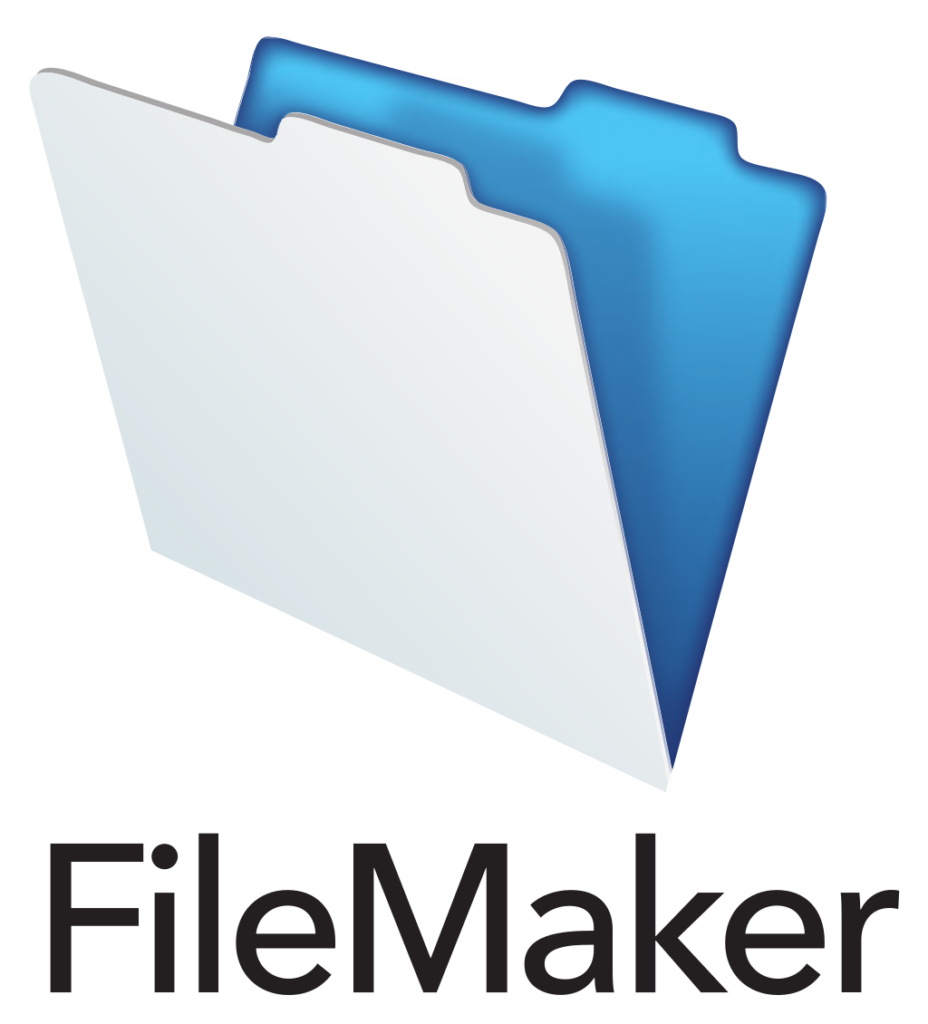
FileMaker has long been a stalwart choice for businesses seeking efficient solutions. However, as the digital realm expands, so do the demands, prompting a search for alternatives that not only match but exceed the capabilities of FileMaker. Let’s explore the features, limitations, and unique aspects of FileMaker.
Features That Define FileMaker
FileMaker is renowned for its drag-and-drop functionality, allowing users to craft custom solutions without the need for extensive coding. The platform’s user-friendly interface makes it accessible to both novices and seasoned developers, fostering collaboration and rapid prototyping. Notably, FileMaker integrates seamlessly with other applications in the Apple ecosystem, a boon for Mac users seeking a cohesive experience.
- Drag-and-Drop Interface: FileMaker’s intuitive drag-and-drop functionality facilitates the creation of custom solutions without the need for extensive coding.
- Seamless Apple Ecosystem Integration: The platform integrates seamlessly with other applications in the Apple ecosystem, providing a cohesive experience for Mac users.
- Rapid Prototyping: FileMaker’s strength lies in its ability to enable rapid prototyping, making it an ideal choice for businesses with dynamic and evolving needs.
- User-Friendly Interface: Bridging the gap between novice users and seasoned developers, FileMaker’s user-friendly interface fosters collaboration and quick adoption.
- Versatility: FileMaker offers versatility, making it suitable for a wide range of applications, from small projects to more complex solutions.
Limitations to Consider
While FileMaker offers versatility, its scalability might pose a challenge for larger enterprises with complex requirements. Customization options, although extensive, may fall short for users with advanced programming needs. Moreover, FileMaker’s pricing structure could be a concern for businesses operating under tight budget constraints.
- Scalability Challenges: For larger enterprises with complex requirements, FileMaker’s scalability might pose challenges.
- Advanced Programming Limitations: Customization options may be limited for users with advanced programming needs.
- Budget Concerns: FileMaker’s pricing structure could be a concern for businesses operating under tight budget constraints.
- Windows Compatibility: While FileMaker is accessible on Windows, its optimization is geared towards the Apple ecosystem.
- Dependency on Internet Connection: Some features may require a stable Internet connection, potentially causing disruptions in certain scenarios.
What Sets FileMaker Apart
FileMaker’s strength lies in its simplicity and accessibility, bridging the gap between novice users and seasoned developers. The platform’s rapid prototyping capabilities make it a preferred choice for businesses with dynamic and evolving needs.
The Need For FileMaker Alternatives
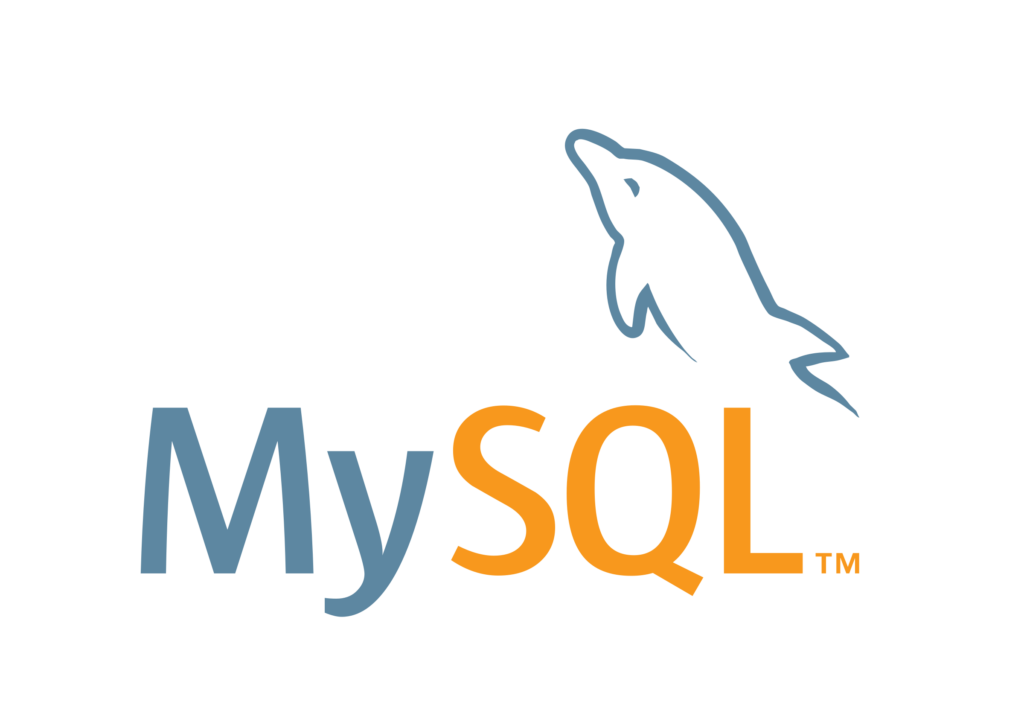
In the ever-evolving landscape of technology, businesses find themselves navigating a constant tide of advancements and trends. The imperative to stay ahead and harness the latest innovations has become a driving force behind the exploration of FileMaker alternatives. In this dynamic environment, companies understand that embracing change is not just an option but a necessity for sustained growth.
1. Evolving Technological Landscape
The rapid pace at which technology evolves can render once-reliable solutions obsolete. FileMaker, while a stalwart in its own right, may struggle to keep up with emerging trends and the integration of cutting-edge technologies. Businesses, in their pursuit of efficiency and competitiveness, often find themselves compelled to explore FileMaker alternatives that better align with the current technological landscape.
2. Budgetary Considerations
In the corporate realm, financial considerations play a pivotal role in decision-making. Tightening budgets or the desire to allocate resources more strategically can prompt organizations to reassess their software solutions. The exploration of FileMaker alternatives is often fueled by a quest for cost-effective options that deliver comparable, if not superior, functionality without the burden of exorbitant licensing fees.
3. Specialized Feature Requirements
As businesses grow and diversify, their operational needs become more intricate and specialized. FileMaker, with its broad versatility, may not always cater to the nuanced demands of certain industries or evolving business models. The quest for FileMaker alternatives is, therefore, driven by a pursuit of platforms that offer tailor-made solutions, ensuring that every facet of the organization’s requirements is met with precision.
4. Scalability Demands
Scalability is not just a buzzword; it’s a fundamental consideration for businesses on a growth trajectory. FileMaker, while suitable for smaller projects and mid-sized enterprises, may face challenges when confronted with the scalability demands of larger organizations. The search for FileMaker alternatives becomes a strategic move, ensuring that the chosen platform possesses the flexibility to seamlessly accommodate increased data volumes, user interactions, and the evolving needs of a growing enterprise.
Commonly Used FileMaker Alternatives For Diverse Needs
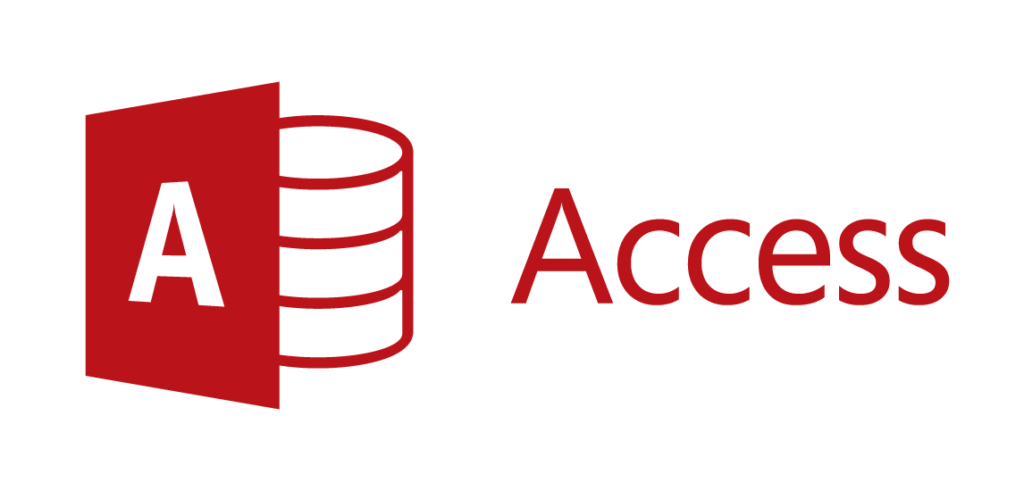
As the pursuit of the perfect FileMaker alternative intensifies, a diverse spectrum of alternatives emerges, each offering unique capabilities to cater to specific business needs. Let’s delve even deeper into the intricacies of each alternative, shedding light on its features, use cases, and the distinctive value it brings to the table.
1. Microsoft Access: A Windows-Centric Approach
Microsoft Access, with its robust relational database management system, stands out as a formidable FileMaker alternative, particularly in Windows-centric environments. Let’s explore the key features that set Microsoft Access apart:
- Integration with Microsoft Office Suite: Seamlessly collaborate with other Microsoft applications, creating a unified user experience and facilitating smooth data exchange.
- SQL Capabilities: Empower users with SQL capabilities, making it a potent choice for those well-versed in database administration and SQL queries.
- Scalability: Grow your operations effortlessly by leveraging Microsoft Access’s scalability features, ensuring a seamless transition as your business expands.
In the realm of Windows-centric database solutions, Microsoft Access offers a powerful suite of features that integrate seamlessly with familiar Microsoft applications. As your business scales, Microsoft Access provides the scalability required for a smooth expansion. Consider this FileMaker alternative for a robust and cohesive database management experience.
2. Airtable: Cloud-Based Collaboration Redefined
Airtable redefines collaboration with its innovative blend of spreadsheet simplicity and relational database complexity. Designed for dispersed teams and dynamic projects, Airtable offers the following key features:
- Real-Time Collaboration: Leverage the power of the cloud to facilitate real-time collaboration, ensuring that teams can work together seamlessly, irrespective of geographical locations.
- User-Friendly Interface: Enhance user adoption with an intuitive interface, making it accessible to both technical and non-technical users, fostering a collaborative work environment.
- Customization: Tailor databases to specific project requirements, providing unparalleled flexibility and adaptability to changing business needs.
For those seeking a dynamic collaboration platform, Airtable stands as a beacon with its cloud-based flexibility and user-friendly interface. The real-time collaboration features make it ideal for dispersed teams working on intricate projects, ensuring an adaptable and streamlined workflow.
3. Zoho Creator: Low-Code Prowess
Zoho Creator rises as a low-code application development platform, empowering users to create custom database applications without extensive coding. Here are the key features that make Zoho Creator a versatile FileMaker alternative:
- Low-Code Development: Expedite application development with a low-code environment, reducing the learning curve for users and accelerating project timelines.
- Pre-Built Apps: Access a repository of pre-built apps covering a spectrum of business needs, jumpstarting development, and catering to diverse industry requirements.
- Integration Capabilities: Seamlessly integrate with other Zoho applications and third-party tools, ensuring a connected ecosystem that optimizes overall business processes.
In the landscape of low-code application development, Zoho Creator shines with its versatile features and seamless integrations. From low-code development to pre-built apps, Zoho Creator offers a holistic solution for businesses seeking efficiency in application creation and deployment.
4. Caspio: Cloud-Based Flexibility
Caspio enters the arena as a cloud-based platform, offering flexibility and simplicity in creating web applications and forms with minimal coding. Dive into the key features that make Caspio a compelling FileMaker alternative:
- Cloud-Based Accessibility: Access applications and data from anywhere with an internet connection, promoting flexibility in workflows and enabling remote collaboration.
- Scalability: Scale applications efficiently, ensuring that your solutions can evolve with the growing demands of your business over time.
- Integration with External Data: Integrate seamlessly with external databases, enhancing the interoperability of your database solutions and providing a comprehensive data ecosystem.
For businesses seeking a cloud-based solution with unparalleled flexibility, Caspio emerges as a frontrunner. Its accessibility from anywhere and seamless integration with external data sources make it an attractive choice for evolving organizations.
5. MySQL: Open-Source Empowerment
For open-source enthusiasts seeking flexibility and scalability, MySQL emerges as a powerful FileMaker alternative. Despite requiring a bit more technical expertise, MySQL offers the following key features:
- Open-Source Nature: Benefit from the collaborative efforts of the open-source community, contributing to the continuous evolution of the platform and fostering innovation.
- Scalability and Performance: Scale horizontally and vertically to accommodate growing data volumes, ensuring optimal performance even as your business expands.
- Advanced Security Features: Implement robust security features to protect sensitive data, meeting stringent compliance standards and ensuring data integrity.
Open-source empowerment takes center stage with MySQL, offering a wealth of collaborative possibilities. Its scalability and robust security features position it as a go-to choice for businesses seeking a dynamic and secure database management solution.
6. Firebase: Google’s All-In-One Solution
Firebase, owned by Google, provides an all-in-one solution as part of a comprehensive mobile and web application development platform. Beyond being a database, Firebase brings additional features to the table:
- Real-Time NoSQL Database: Utilize a real-time NoSQL database, ideal for applications requiring instant data updates and synchronization across multiple users.
- Authentication Services: Seamlessly integrate authentication services, ensuring secure access to your applications and safeguarding user data.
- Scalability and Analytics: Leverage Google’s infrastructure for scalability and harness analytics for data-driven insights, allowing you to make informed decisions based on real-time data.
In the realm of comprehensive solutions, Firebase stands tall as Google’s all-in-one platform. The real-time NoSQL database and integrated authentication services make it an ideal choice for businesses looking for a holistic approach to application development.
7. Odoo: Business Management Suite
Odoo steps into the database landscape as an open-source business management software suite, covering diverse modules such as CRM, inventory, and accounting. Uncover the key features that make Odoo a holistic solution:
- Modular Architecture: Adopt a modular approach, enabling businesses to implement specific modules as per their needs, ensuring a tailored solution that aligns with organizational goals.
- Integrated Applications: Enjoy seamless integration between various applications, fostering a unified business environment that enhances cross-functional collaboration.
- Community and Support: Access a vibrant community and robust support, ensuring assistance in navigating the platform’s capabilities and resolving any challenges that may arise.
For businesses seeking a comprehensive suite of business management tools, Odoo presents a modular architecture that can be tailored to specific needs. Its integrated applications and supportive community make it a holistic choice for varied business requirements.
8. FileHold: Document Management Excellence
FileHold shines as a document management system, particularly suited for organizations with a document-centric focus. Explore the features that position FileHold as a leader in document management:
- Document Storage and Retrieval: Efficiently store and retrieve documents, ensuring quick access to critical information and streamlining document management processes.
- Workflow Automation: Streamline processes with workflow automation, reducing manual interventions and improving collaboration among team members.
- Collaboration Tools: Leverage collaboration tools for team interaction, fostering a cohesive and communicative work environment that enhances overall productivity.
In the realm of document management, FileHold excels with its emphasis on efficient storage, retrieval, and collaborative tools. The integration of workflow automation streamlines processes, ensuring a productive and collaborative document-centric work environment.
9. LibreOffice Base: Open-Source Database Management
LibreOffice Base, part of the LibreOffice suite, offers an open-source FileMaker alternative for creating databases. Discover the features that make LibreOffice Base a flexible and accessible option:
- Compatibility Across Platforms: Enjoy compatibility with multiple platforms, ensuring accessibility for a diverse user base and facilitating collaboration among users with different operating systems.
- Open-Source Community: Contribute to and benefit from the open-source community, driving continuous improvement and ensuring that the software remains relevant and up-to-date.
- Customizable Forms and Reports: Create customizable forms and reports, tailoring your database to specific needs and providing a personalized and efficient user experience.
For those seeking an open-source database solution with compatibility across platforms, LibreOffice Base offers a customizable and accessible FileMaker alternative. Engage with the open-source community to contribute and benefit from ongoing enhancements.
Factors To Consider While Choosing The Perfect FileMaker Alternative
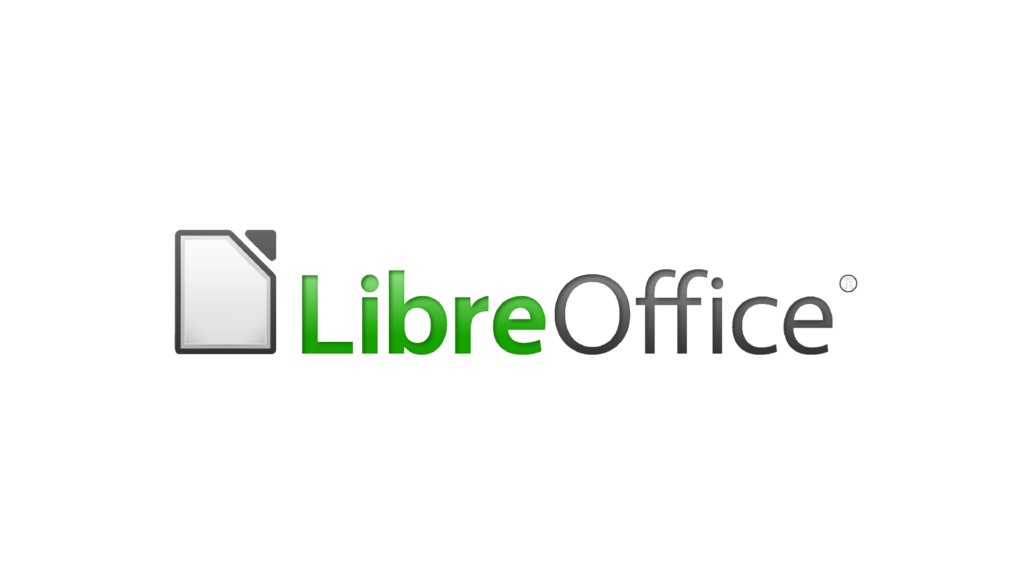
Navigating the diverse landscape of FileMaker alternatives requires a keen understanding of your organization’s specific needs and priorities. Here are key factors to consider while selecting the perfect alternative that aligns seamlessly with your business objectives:
1. Scalability and Growth Potential
When evaluating FileMaker alternatives, consider the scalability of the solution. Assess how well the alternative can adapt to the evolving needs of your organization. A robust alternative should seamlessly accommodate increasing data volumes, user interactions, and the overall growth trajectory of your business. Look for scalability features that ensure the chosen platform can scale vertically and horizontally, providing a future-proof solution.
2. Customization Capabilities
One of the hallmarks of FileMaker is its customization flexibility. Likewise, when seeking an alternative, delve into its customization capabilities. Evaluate the extent to which the alternative allows you to tailor the database to your specific requirements. From form layouts to data relationships, a versatile alternative should empower you to create a solution that mirrors your unique business processes without compromising efficiency.
3. Integration with Existing Systems
Efficient integration with existing systems is paramount for a seamless workflow. Assess how well the alternative can integrate with your current software ecosystem. Whether it’s collaboration tools, third-party applications, or other databases, the chosen alternative should offer compatibility and smooth data exchange. A cohesive integration strategy enhances overall operational efficiency and minimizes disruptions in your business processes.
4. Cost Considerations and Licensing Structure
The financial aspect is a critical factor in the decision-making process. Evaluate the cost considerations associated with each alternative, including licensing fees, maintenance costs, and any additional expenses. Consider your budget constraints and seek alternatives that provide value for money without compromising on essential features. A transparent licensing structure is also crucial to avoid unforeseen costs as your usage scales.
5. User Training and Adoption Ease
Smooth user adoption is integral to the success of any database solution. Consider the learning curve associated with the alternative and assess the ease with which your team can adapt to the new platform. Look for alternatives that offer user-friendly interfaces, comprehensive training resources, and robust customer support. Minimizing downtime during the transition phase ensures a quick and efficient adoption process, maximizing productivity from the onset.
Conclusion
In the dynamic realm of database management, the quest for the perfect alternative to FileMaker is both exciting and crucial. Each alternative discussed here brings its unique strengths to the table, catering to different business needs and preferences. By considering factors such as scalability, integration capabilities, user-friendliness, cost, and community support, businesses can make informed decisions, ensuring a smooth transition to a solution that not only meets but exceeds their goals and aspirations. As you navigate the vast landscape of database alternatives, may you find the perfect fit that propels your business to new heights.




